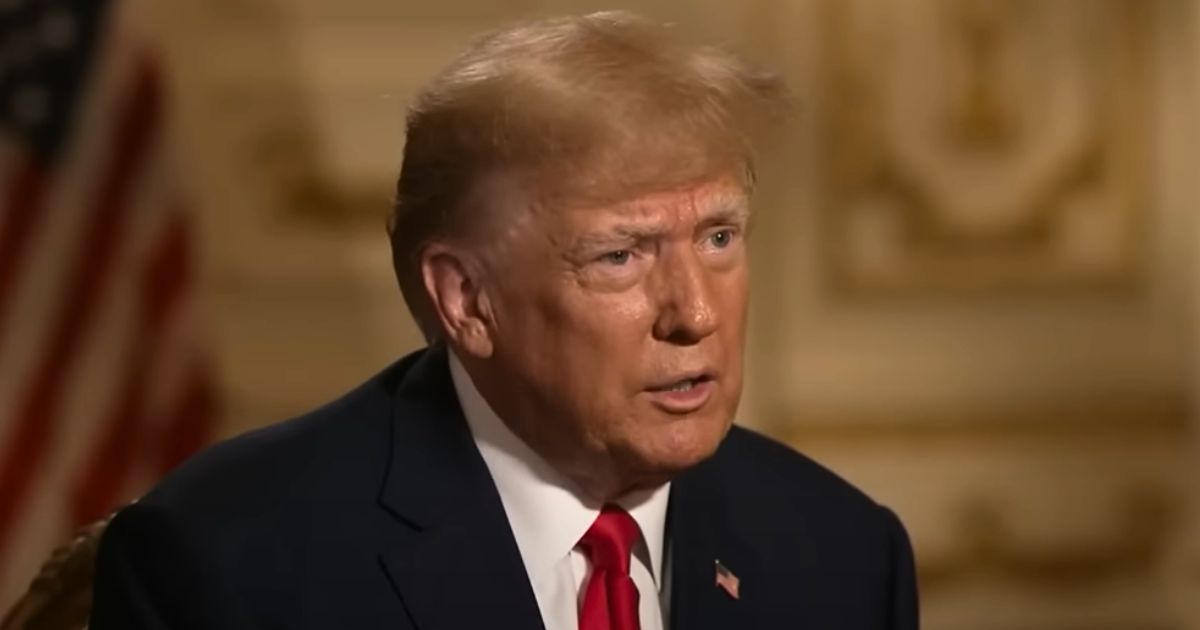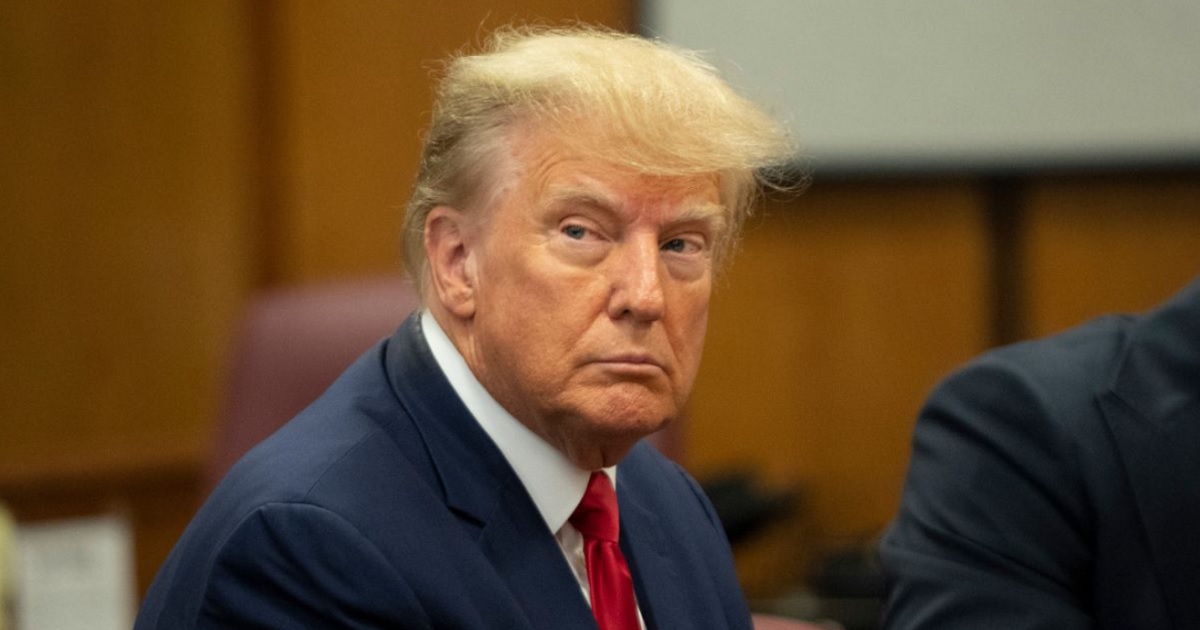Washington Post columnist Eugene Robinson resigns amid editorial shift
Eugene Robinson, a Pulitzer Prize-winning columnist, has announced his departure from the Washington Post after a distinguished tenure, spurred by significant changes in the newspaper's direction under its new leadership.
In a major reshuffling of the editorial mission, Robinson has decided to leave the Post after over 40 years, expressing discontent with the new approach mandated by owner Jeff Bezos, as Breitbart reports.
Robinson, renowned for what his fans found to be insightful commentaries, has been a defining voice at the Post for decades. His decision comes in the wake of a series of modifications instituted by Bezos, which Robinson claims drift away from the newspaper's established norms.
These changes included a complete overhaul of the editorial pages, which has been a contentious issue within the newspaper's internal community and readership base.
The revelation of Robinson's resignation came through an email he sent to his colleagues, later reported by New York Times journalist Ben Mullin. In his message, Robinson succinctly stated, "I wanted to let you know that I’ve decided to leave The Post," indicating a new chapter in his professional life driven by foundational changes in the paper’s operation and ethos.
Robinson critiques paper's direction
Earlier in February, Robinson voiced his criticisms on MSNBC's Morning Joe, highlighting his concerns over these editorial decisions both from a journalistic and business perspective.
Robinson described the changes as missteps that could potentially undermine what he considered the finest opinion section in American journalism.
"This is not the way we have worked to produce what is, I believe, objectively the best opinion section in American journalism," Robinson stated during the broadcast.
He further added, "I think it’s a mistake journalistically, I think it’s a mistake as a business proposition, but, you know, it leaves us with choices and decisions to make about our futures."
His concerns were not isolated within the Post. Other notable figures at the paper, including columnist Ruth Marcus and editorial cartoonist Ann Telnaes, also departed, citing similar frustrations. Telnaes specifically pointed to censorship concerns after a sketch depicting Bezos in a compromising light with President Donald Trump was axed.
Shifting editorial policy sparks debate
In a significant divergence from a long-standing tradition, the Washington Post editorial board decided not to endorse any candidate in the 2024 presidential election.
This decision was influenced under Bezos' direction and marks the first time in 36 years that the newspaper abstained from political endorsements during a presidential race.
This editorial choice was made amid early voting trends that seemed to favor then-President Donald Trump, with whom Bezos has had a publicly complicated relationship. Notably, Bezos later attended Trump's inauguration with his fiancée, Lauren Sanchez, which adds layers of complexity to the paper's political maneuverings.
Despite these profound changes, Robinson maintains a positive outlook towards his former workplace. "I wish nothing but the very best for the paper and all of you. I won’t be a stranger, and I’ll be reading your unparalleled work every single day," he conveyed in his farewell email, signaling what he said was his ongoing respect and affection for the newspaper and its staff.
Impact of leadership changes at Post
The departure of figures such as Robinson and Telnaes, coupled with significant policy shifts, raises questions about the future direction of the Post and its commitment to traditional journalistic values. As the landscape of American media continues to evolve, the effects of these changes on the paper's reputation and influence remain to be observed.
The resignations and the ensuing debate underscore a crucial period of transition at the Post. It reflects broader challenges facing media outlets today as they navigate the complexities of ownership influences and changing political landscapes.
Ultimately, the decisions made now could shape the public's trust and the role of journalism in society in profound ways.
As Robinson turns a new leaf and embarks on his "next chapter," the journalism community watches with interest to see how one of the nation's leading newspapers will evolve in these transformative times.





